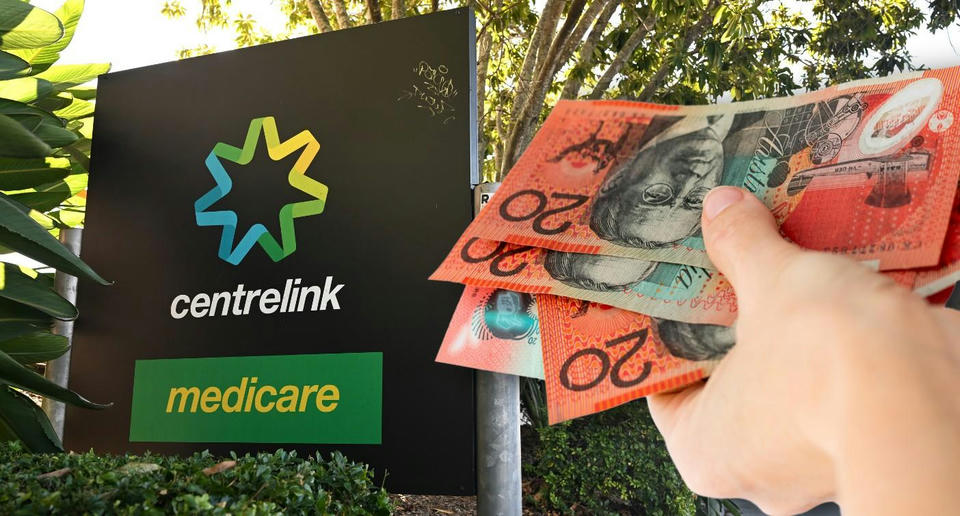✨ Australia Centrelink Dental Care Assistance for Seniors
As Australia’s population ages, access to convenient dental care for older people is crucial. This guide explains how older people can use Centrelink concession cards and public dental services across Australia to access affordable care, helping them maintain their oral health despite financial pressures.

📌 Australia’s Public Dental Services: Low-Cost Care for Older Adults
| Aspect | Details |
|---|---|
| Eligibility | Medicare holders with concession cards (Health Care Card, Pensioner Concession Card, Commonwealth Seniors Health Card) |
| Location | Public hospitals and community health centres |
| Services Offered | Regular check-ups, fillings, dentures, and other essential treatments |
| Cost | Subsidized fees based on eligibility and service |
| Importance | Early detection and prevention of oral health issues to improve overall wellbeing |
Public dental programs are available nationwide to reduce financial barriers and promote oral health among older Australians.
✅ Centrelink Concession Cards and Eligibility Explained
Key Cards Accepted:
- Health Care Card
- Pensioner Concession Card
- Commonwealth Seniors Health Card
Eligibility Requirements:
- Must be an Australian resident
- Medicare-eligible
- Cardholder or dependent on the cardholder’s records
Benefits:
- Access to subsidised public dental services
- Reduced out-of-pocket expenses
💡 Tip: Always keep your concession and Medicare cards updated and carry them when booking or attending appointments.
📝 How to Book and Use Public Dental Services: Appointment Steps and Tips
Contact Local Clinic:
- Provide personal information including Medicare and concession card details.
- In New South Wales, call the local public dental service and provide your postcode to locate the nearest clinic.
Interpreter & Accessibility Services:
- Available for non-English speakers and people with hearing or speech difficulties.
Waiting Times:
- Managed by urgency; delays may occur.
- Contact the clinic promptly if your condition worsens.
Cancellations or Rescheduling:
- Notify at least 24 hours in advance to avoid reassessment.
Keep Information Updated:
- Maintain current contact and card details with the clinic for smooth communication.
📊 Comparing Dental Assistance Across States: NSW vs. Victoria
| Feature | New South Wales (NSW) | Victoria |
|---|---|---|
| Service Providers | Public dental clinics in hospitals and community centres | Royal Dental Hospital Melbourne, community health services |
| Priority Groups | Concession card holders | Vulnerable groups: Aboriginal and Torres Strait Islanders, refugees, homeless |
| Service Cost | Subsidised depending on circumstances | Voucher schemes involving private dentists to expand access |
| Additional Programs | Australian Government’s Child Dental Benefits Schedule (children) | Same as NSW |
Understanding these differences helps older adults select suitable services and anticipate wait times.
🧾 ** How to Apply for Centrelink Cards**
Older adults can apply for a Pensioner Concession Card or Commonwealth Seniors Health Card through:
The myGov portal The Centrelink mobile app Or in person at a Services Australia Centrelink office Applicants generally need to provide proof of identity, income details, and banking information.
📢 Additional Support and Emergency Dental Care Options
Emergency Situations:
- For severe pain or breathing difficulties, call emergency services or visit hospital emergency departments immediately.
Urgent Dental Issues:
- Contact local public dental clinics promptly if urgent problems arise during wait times.
After-Hours Help:
- Seek advice from general practitioners or health advice lines for temporary management.
Specialised Services:
- Aboriginal Community Controlled Health Organisations provide dental care for Indigenous older adults.
Private Health Insurance:
- May reduce costs, but coverage varies widely—check your policy details.
🌟 Summary
This guide provides older Australians with essential knowledge on utilising Centrelink concession cards and public dental services to maintain oral health affordably. By understanding eligibility, booking procedures, and state-specific programs, older adults can navigate the dental care system effectively and protect their wellbeing without excessive financial burden.
